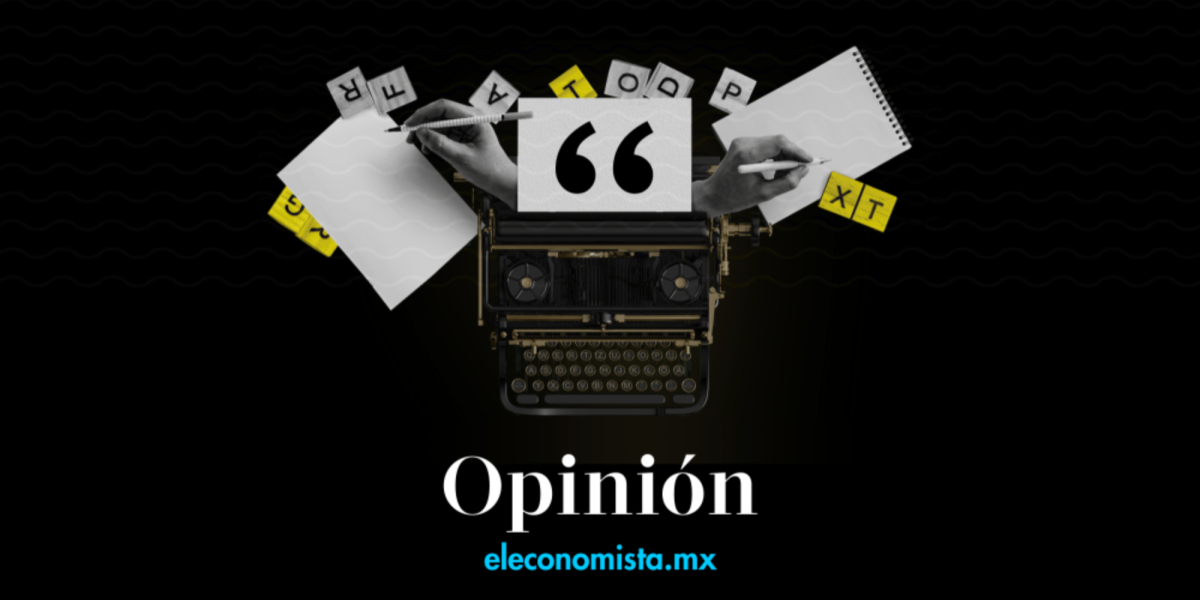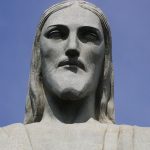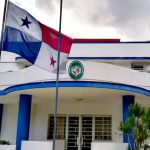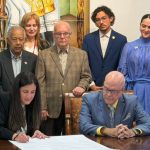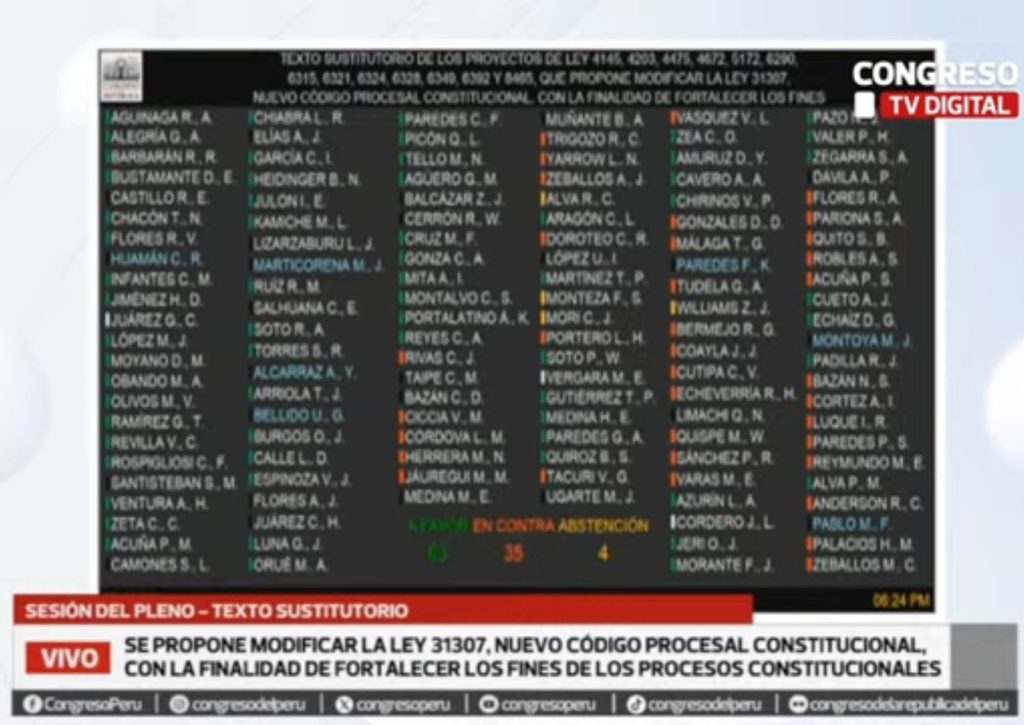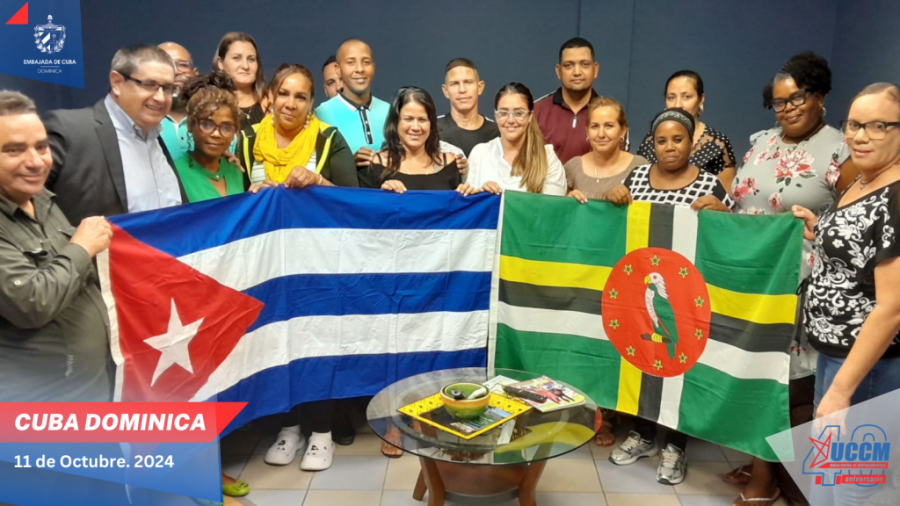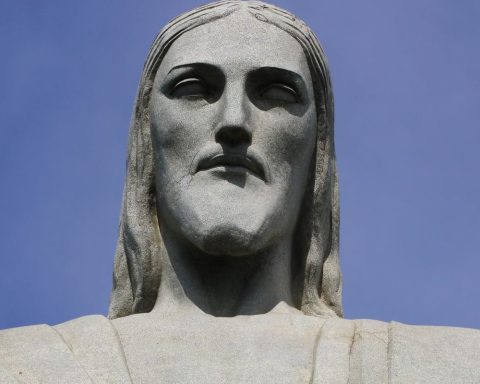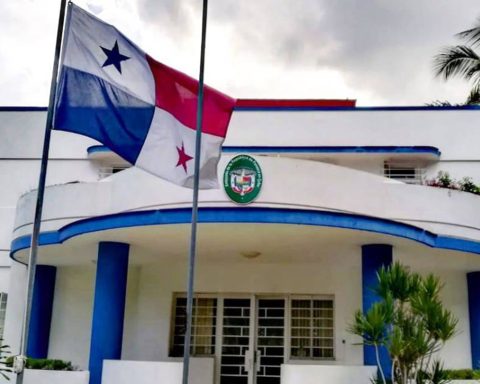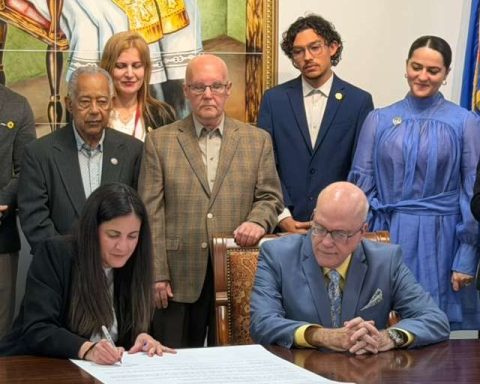On October 9, Jacques Derrida French philosopher born in Algeria, died 20 years ago. His work leaves us an invaluable legacy, essential for not giving up the exercise of thinking, so necessary in our time, where the commitment to dialogue, sharing, proposing and discussing ideas has become a revolutionary act, in an environment where Certainties become implacable and make it difficult to be silent and reflect. It is no coincidence to observe what is happening in some parts of the world to account for this, where decision-making and the new conditions of possibility leave no room for questioning, difference, alterity, and absence – complex terms. to assume in our society and present in Derridean work.
Derrida calls us to assume inheritance, to choose it and activate it in another way. In a conversation held with Elizabeth Roudinesco and transcribed in the text And what tomorrow?, the dialogue starts from the following question: What is tomorrow made of?, to which Derrida will expose the relevance of the figure of the heir and his double exhortation, where he reminds us that all We are heirs without choice – since the inheritance chooses us violently at first, hence the possibility of assuming it in fidelity, but to keep it alive we will have to be unfaithful to it, that is, “activate it in another way.” . Thus an heir is one who accepts the inheritance and tests himself by deciding, giving new possibilities in the same impossibility, which occurs in reflecting in another way what is inherited, concerned with giving life to the inheritance.
Derrida reminds us of the problem of filiation, where the passivity of the heir should not be assumed without further ado, on the contrary, it is about the gift, about that impossible possibility that bets on life…” life should be thought about from inheritance and not the other way around. Therefore, we would have to start from that formal and apparent contradiction between the passivity of reception and the decision to say “yes”, then select, filter, interpret, consequently, transform, not leave intact, unscathed, not leave safe. not even that which is said to be respected above all.” Thus, to keep the heritage – culture, language, history – alive, we would have to assume its very historicity that calls us as legatees to the task of not giving up reflecting and interpreting, between a constant signing and reaffirming… “always reaffirm the heritage It is the way to avoid that execution…reinterpret, displace, that is, actively intervene so that it has a transformation worthy of the name: so that something happens, an event, history, the unpredictable future.” Today the specter of Derrida calls us not to renounce this double exhortation, not to resign ourselves to the passivity of a reception, since as he reminds us, to give life and be in life it is important to “know how to let go, in order to be able to live.” , not in the absolute past or a custom-made past, where the excess of a memory that does not cease annihilates all longing, hope and desire to live differently. Thus, 20 years after his death, Derrida challenges us, and reminds us of our duty as heirs, where “knowing how to “leave” and what it means to “leave” is one of the most beautiful, most risky, most necessary things I know. Very close to abandonment, gift and forgiveness.” Thus inheritance reminds us of the value of our finitude and the richness of the deconstructive strategy, which is our possibility insofar as accepting what is inherited, but to assume the exhortation to transform it with love and responsibility, since being responsible, Derrida reminds us, It is responding to what comes before us, but also to what is to come, to what is before us. Thus, reflecting on new assumptions guides us towards new possibilities to live differently, in an incessant indeterminate and open reworking of the future so urgent and necessary in our time, since cruelty does not have the last word…
Dedicated to Dr. Ricardo Nava for his tireless reading and rewriting – faithful and unfaithful – to the texts of Jaques Derrida.
